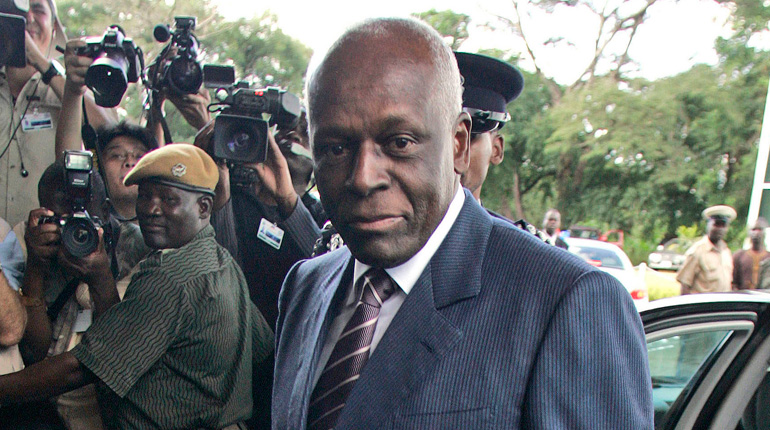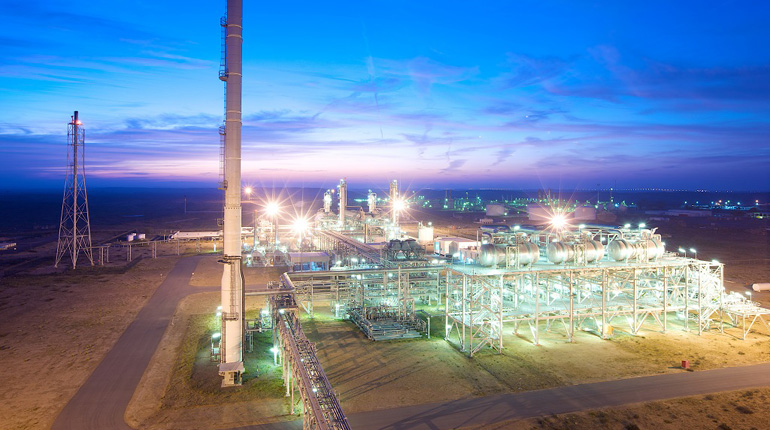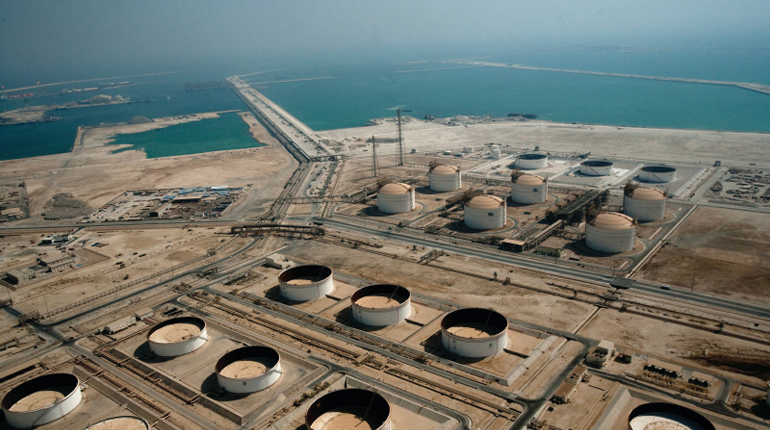 Angola’s President José Eduardo dos Santos has disbanded the country’s oil and gas insurance company. (PA)
Angola’s President José Eduardo dos Santos has disbanded the country’s oil and gas insurance company. (PA)
Angola’s half-hearted efforts to restructure its oil and gas insurance market could do more harm than good, senior industry figures have warned.
Angola’s government disbanded AAA Financial Services, the insurance company created by Angola’s state-owned oil company Sonangol, in a presidential dispatch published on 30 March.
Angola has been discussing opening up competition in the petroleum insurance market for years, without making much progress. But the recent fall in IOC spending, coupled with a desire to meet the International Monetary Fund’s criteria for a new a three-year loan, has prompted the country’s first tentative steps towards reform.
But despite being made in response to IOC pressure to reduce insurance costs, the move may not be wholly welcomed by the industry.
AAA’s monopoly over Angola’s petroleum insurance market has been temporarily transferred to the original state insurer, ENSA Seguros de Angola, which has far more limited access to finance than its predecessor.
"Oil companies are terrified because the Angolans are trying to enforce a large local retention, that means ENSA has to insure a lot of the oil and gas rigs on its own balance sheet," one source with experience in the Angolan insurance industry told Interfax Natural Gas Daily.
There are concerns that ENSA personnel lack the experience to deal with the highly specific and technical nature of petroleum insurance, and that the company would likely struggle to pay even a small claim made offshore.
AAA’s premiums may have been "ridiculous" according to the source, "but the service was pretty good". When Saipem’s Perro Negro 6 rig, under contract to Chevron, capsized and sank off the coast of Angola in 2013, claims were fully paid.
While premiums may be cheaper under the new model, it is now "entirely possible the insurance won’t work", the source said.
AAA had held a monopoly Angola’s oil and gas insurance market for the past 15 years. Investors had initially hoped that the move, which opens up the possibility for competition in Angola’s lucrative insurance and reinsurance market, would signal Luanda’s intention to more widely liberalise the oil and gas sector.
Question of intent
If the president’s dispatch proves an ineffectual way of liberalising the insurance industry, it may be because that was not its sole intent – it could also be another presidential power play to exert authority over key political and business leaders in Angola. President José Eduardo dos Santos has used cabinet reshuffles in the past in this way and shifting authority from AAA to state-owned ENSA could be a similar manoeuvre.
Alternatively, it is possible AAA’s monopoly over the petroleum insurance market is one of the many systems of presidential control dos Santos may be looking to dismantle before he leaves office.
On 11 March dos Santos announced he would resign in 2018, after 39 years in power. The announcement is likely to be just a political tactic. "The decision to step down outside of an election cycle effectively turns the vice presidential nomination into the presidential contest, allowing dos Santos to identify potential challengers while still in power," said Barnaby Fletcher, an analyst with Control Risks.
However, there is always the possibility dos Santos does intend to step down and, if so, further liberalisation of some aspects of oil and gas market may work in his favour. It is more likely dos Santos would be able to exert continued influence over a fragmented government than one in which power and money continues to be concentrated among a small elite.
It remains to be seen what new structure the petroleum insurance market will take. ENSA has only temporarily been charged with management of oil and gas insurance and will likely be replaced in the longer term by ANGO Re, a reinsurance company that will be created by the Angolan sovereign wealth fund. This means the market is likely to still be mostly in the hands of the state.
However, low oil prices have reversed the power play between Angola and the IOCs, putting pressure on the government to respond to at least some of IOCs’ demands to make the sector more competitive.
The fact that Angola has turned to the IMF for a loan, which is only likely to be offered on condition that Angola takes steps to liberalise its petroleum industry and diversify its economy, has raised hopes for deeper reform.
Nonetheless, change is still likely to be slow and limited. "The political authority of the dos Santos regime is based heavily on its control of an opaque and state-dominated oil sector, which allows the presidency to build patronage networks and centralise negotiations with foreign actors. The presidency is likely unwilling to weaken its grip on the sector, especially given the political pressure it is currently under," said Fletcher.








Talk to us
Natural Gas Daily welcomes your comments. Email us at [email protected].